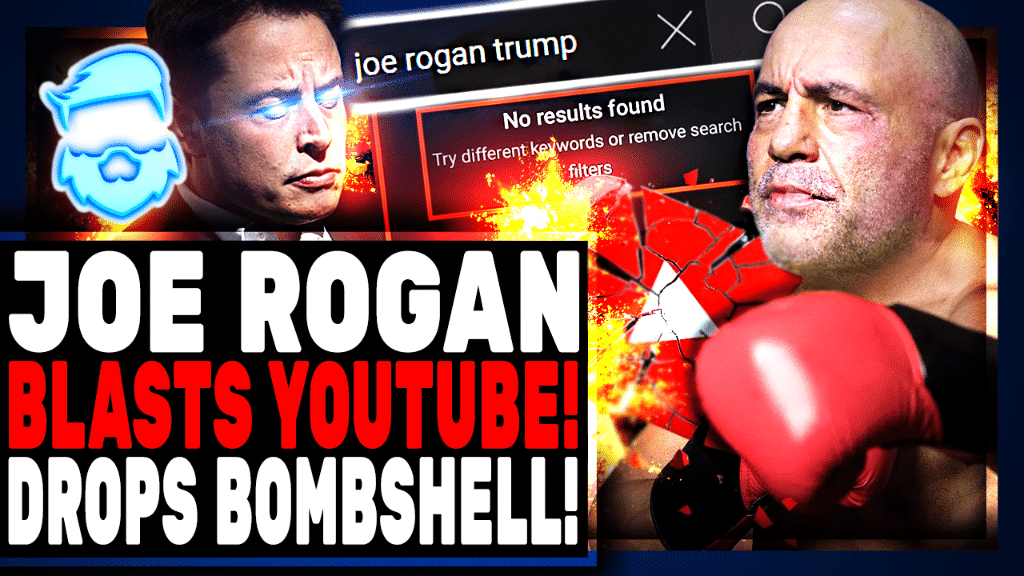Oh boy. Let’s have THIS conversation, and yes we are starting early, at least a month before Pride month. This article largely draws upon research I conducted and wrote for a college course I’m taking regarding companies ruining— excuse me—”participating” in Pride month. I hope the following research and commentary inspires important conversations and thoughts within your own space as we soon renter this time of rainbow capialism:
This research examines how companies’ motivations for participating in Pride month are widely exploitive and hypocritical in nature, as well as largely ineffectual in fostering positive change in the LGBTQ+ community and surrounding society. While Pride month is a time dedicated to LGBTQ+ visibility, activism and celebration, corporation’s release of branded products showcasing their “pride” and “allyship” are capitalistic and performative endeavors. Such products and advertisements are used for monetary gain by appealing to wide audiences and concern themselves with generating positive brand associations, without providing meaningful and effectual recognition and change for the communities they are profiting from. As a result of such exploitation and hypocrisy, LGBTQ+ communities celebrating Pride month are disheartened by the commodification of a time and space meant to support their existence, not their financial value. The Michael Kors 2019 #MKGO Rainbow campaign will be inspected as a typical example of corporate behavior during Pride month. This examination draws from existing empirical research while providing unique insights to critically assess the intentions and effects of corporations during Pride month.
As LGBTQ+ individuals are demonstrating to be the “fasted growing ‘minority’ segment” by spending at least 3.7 trillion dollars annually in the United States alone, conversations regarding brand involvement in consumer identity are more important than ever. While almost 9 out of 10 of LGBTQ+ Americans feel it is important for corporations to support LGBTQ+ equality, there is concern regarding displays of support being misguided, exploitative advertisements motivated by corporate greed. One illustration of this is company efforts in incorporating LGBTQ+ visibility into their products and advertisements are virtually limited to the month of June, paving the way for questions regarding the sincerity in their messaging. While the month’s meaning makes such advertisements topical, it also could prompt concern for corporations wanting to stay within a certain level of social acceptability when showcasing their support. A clear display of this superficial support is when “companies change their logos to rainbow coloured versions of the same on the 1st of June, changing it back as soon as the month ends”. There is also the question of who else these corporations are trying to satisfy. One study found that “heterosexual participants exhibited more positive attitudes toward the brand and advertisement than did LGBTQ participants”. This brings into question who the actual target audience of these messages are. Ad testing is widely relied upon, especially by multimillion dollar corporations generating ad campaigns hoping to retain similar value, therefore this reception may not come to their surprise, and instead be intentional.
Identity Theory offers a framework for understanding the exploitative and hypocritical nature of advertisements in promoting LGBTQ+ pride by showcasing it through their own beneficial and marketable perspective. In advertising, this theory suggests that consumers “respond best to advertising that provides content that reflects the consumer’s identity”, however advertisers often apply a “one size fits all” approach when including and targeting LGBTQ+ consumers. Often times, the “depiction of intimacy between two members of the same sex, usually male”, are used to identify with gay consumers. By limiting the representation of the spectrumed LGBTQ+ community to a few, easily identifiable presentations, the purpose of Pride month is undermined in preference for corporations curating quickly digestible messages and promotions.

















